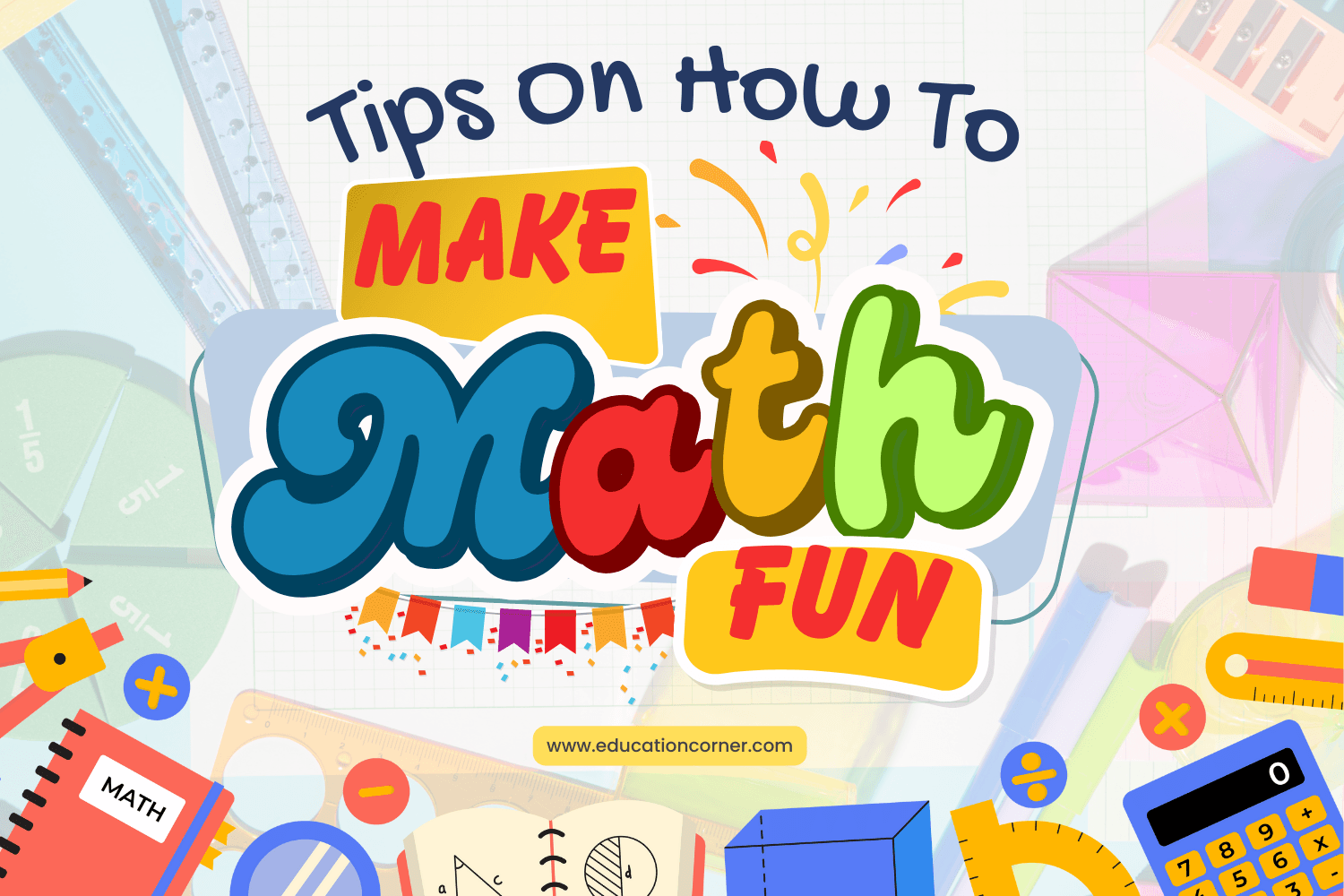
It is common knowledge that many people are not big fans of math. This anxiety begins at an early age, creating lasting feelings of frustration with the subject. In most cases, this is caused by a lack of understanding of the main concepts.
For those who enjoy the subject, math problems are exciting, and the thrill of finding solutions outweighs the challenges they face in the process. These students perform well in math and other related subjects compared to those who find it difficult.
What is math anxiety?
Research shows that math anxiety is a problem affecting students worldwide. It is caused by the constant frustrations associated with the inability to understand math concepts. Coupled with other stress factors which end up creating low self-confidence, math becomes a dreaded topic.
Luckily, math anxiety can be controlled at a young age to ensure children grow up associating math with positive feelings. Understanding mathematical concepts is important, as they are applied in other academic fields such as physics and chemistry.
When we apply positive reinforcement in the classroom, we are helping to boost students’ confidence in their ability to handle problems. This helps, of course, in reducing their math anxiety.
Even while away from school during the holidays, it is important to encourage students to practize mathematical concepts to ensure they are not forgotten. It is estimated, for example, that up to 11 weeks’ worth of math skills can be lost over the summer!
This could be prevented by advising parents to hire a qualified tutor who will ensure constant math work. This will be very helpful to kids, since an average of 2-3 hours of active learning each week is enough to prevent the loss of math skills.
In addition to positive reinforcement, making the process of learning fun will help in preventing math anxiety. Below are some ways to make math fun for kids, which will increase their performance.
1. Application of Mathematics in Real Life
The perception that math is ambiguous and complex makes it difficult for students to understand it.
While simple mathematics such as addition and subtraction are easily relatable to real-world situations, complex processes such as algebra and trigonometry are not.
In the classroom, making math relatable could be done by applying things such as storytelling to help them associate concepts with things they understand.
2. Teaching Math Through Art Lesson Plans
To make math fun, you could use other forms of art which kids enjoy. Such art forms include sculpting, painting, and drawing.
When kids learn to apply mathematical concepts in other disciplines they love such as painting and music, they appreciate it more and the positive attitude helps in boosting their understanding.
3. Use Guided Math to Make it Easier
While too much direct instruction is boring for students and tiresome for teachers, finding the right balance could prove very beneficial.
As a teacher, you should gain an understanding of your students to determine who requires extra attention to grasp the concepts.
This could be done by dividing students into groups and teaching mathematical concepts to each group individually according to their needs.
4. Use Whole Class Math Games
There are numerous fun games that kids can play in the classroom. Games are enjoyed by all children, and if you make it a tool through which you can teach them math, you are sure to get results.
By using prizes such as rubbers, pencils and notepads, you could create a competitive environment through which the children will be motivated to learn the concepts needed to win.
5. Consider Integrating Technology in the Math Classroom

One thing that students have in common is their love for all things technological.
A lot of educational technology tools allow people to practise their math skills, and just the simple fact it’s online could make math fun.
By using online-based resources, your students are likely to be more engaged and may end up paying more attention to your lessons. This will surely increase their rate of comprehension!
As a teacher, dealing with kids who have different capabilities can be challenging. Our website provides you with expert tips on the best practices to ensure you become a positive tool in their learning.

